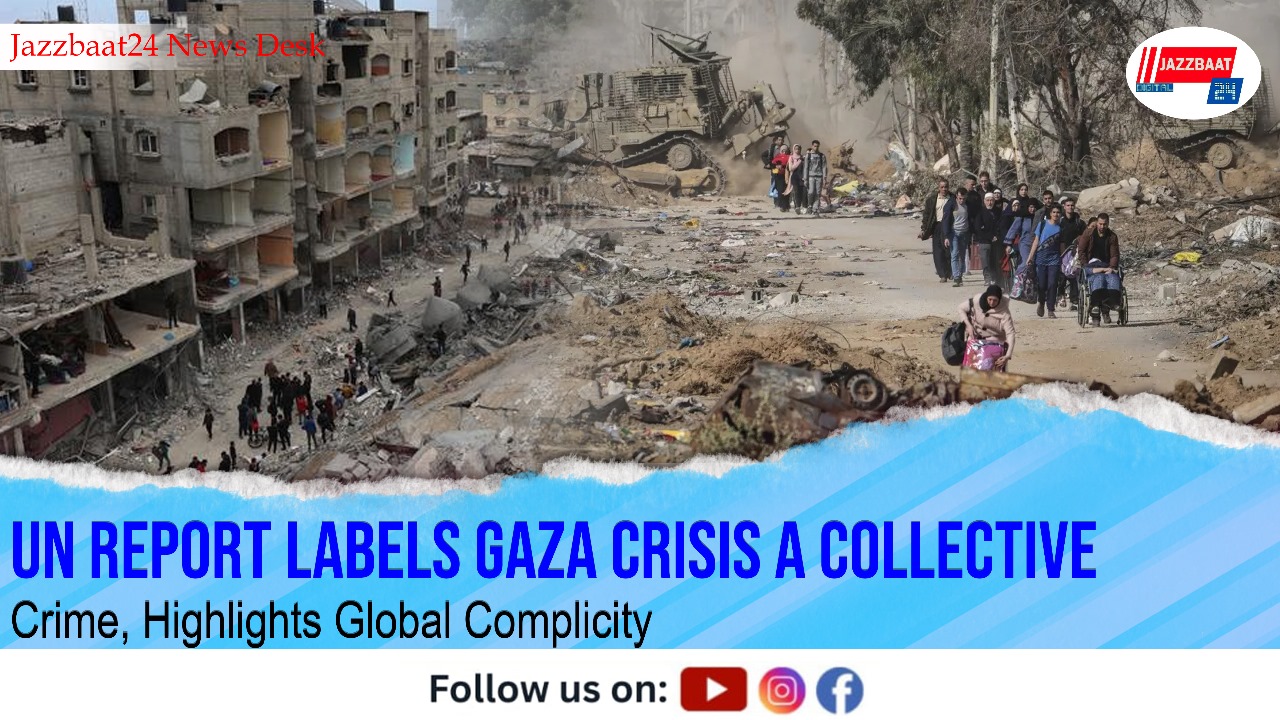
A new UN report by Francesca Albanese, Special Rapporteur on the Occupied Palestinian Territories, identifies the ongoing crisis in Gaza as a collective crime, emphasizing the role of third-party states in enabling Israel’s actions. The report details how some countries provide direct support, material aid, diplomatic protection, and, in certain cases, active participation in the violence. It highlights four key areas of backing: diplomatic, military, economic, and humanitarian, all of which sustain Israel’s violations of international law.
India is mentioned twice in the military section. The first reference notes India as one of the countries supplying weapons and components to Israel through indirect or opaque channels between 2023 and 2025. The second reference highlights India’s participation in joint military exercises with Israel, including the INIOCHOS exercises and global drills led by the US Africa Command and Morocco, alongside multiple nations. The report also underlines that Israeli arms exports remain a significant part of its economy.
Beyond military support, several states are cited for reproducing narratives that portray Palestinian civilians as threats, indirectly justifying Israel’s actions. Humanitarian aid is also criticized in some instances, including countries like Belgium, Canada, Denmark, Jordan, and the UK, for sending inadequate relief that fails to address the broader humanitarian crisis, while Egypt’s role in maintaining the blockade worsens living conditions.
The report stresses the growing gap between global populations and their governments, pointing to the failure of diplomatic measures to achieve ceasefires or hold Israel accountable. It draws parallels with historical actions against Apartheid South Africa and other colonial regimes to emphasize that international law can be enforced to secure justice. The report calls for immediate responsibility from third-party states to confront complicity, ensure accountability, and uphold justice for Palestinians.
This assessment underscores the complex international dynamics that sustain the crisis in Gaza, emphasizing that global inaction contributes to the ongoing humanitarian and legal violations.